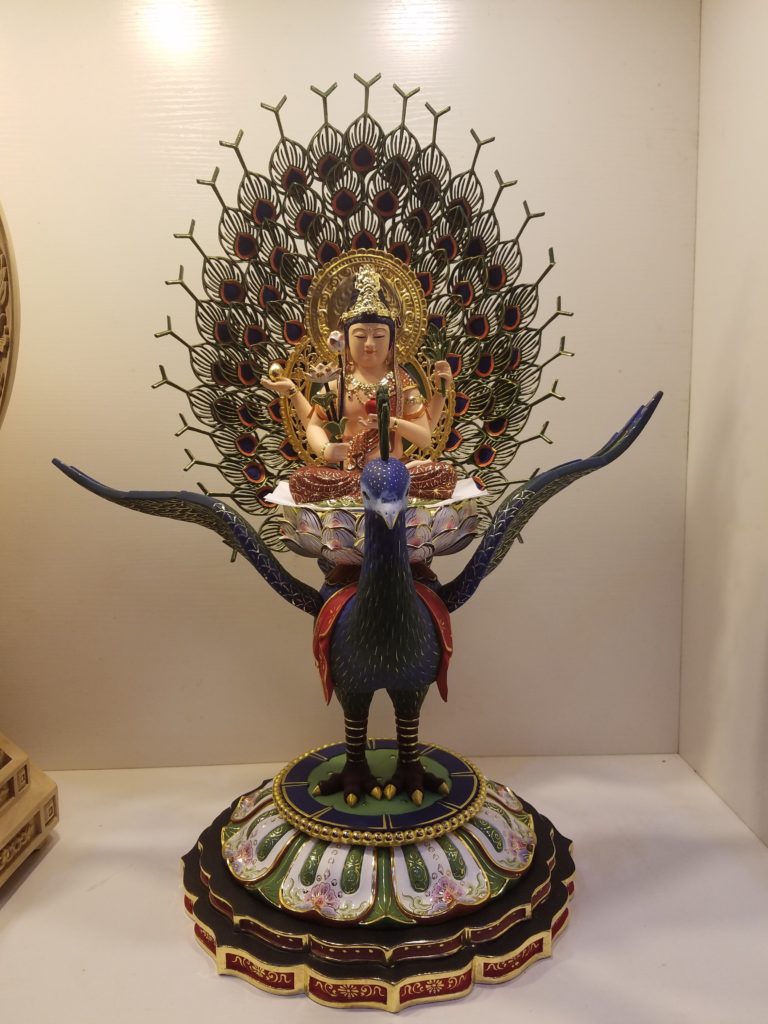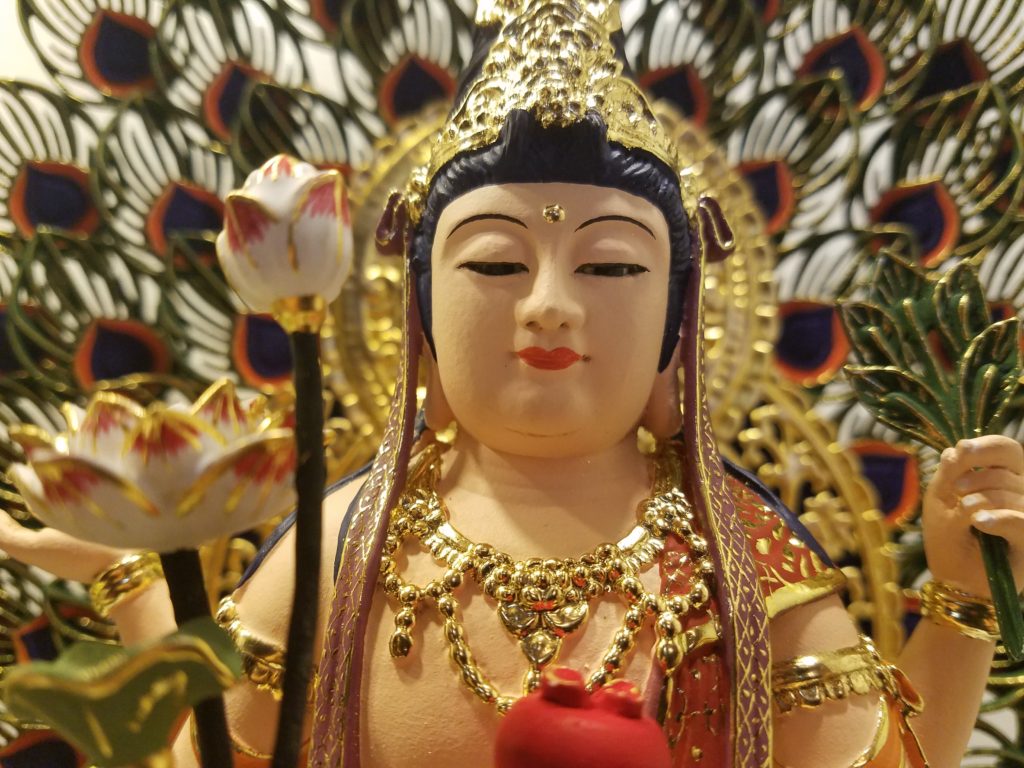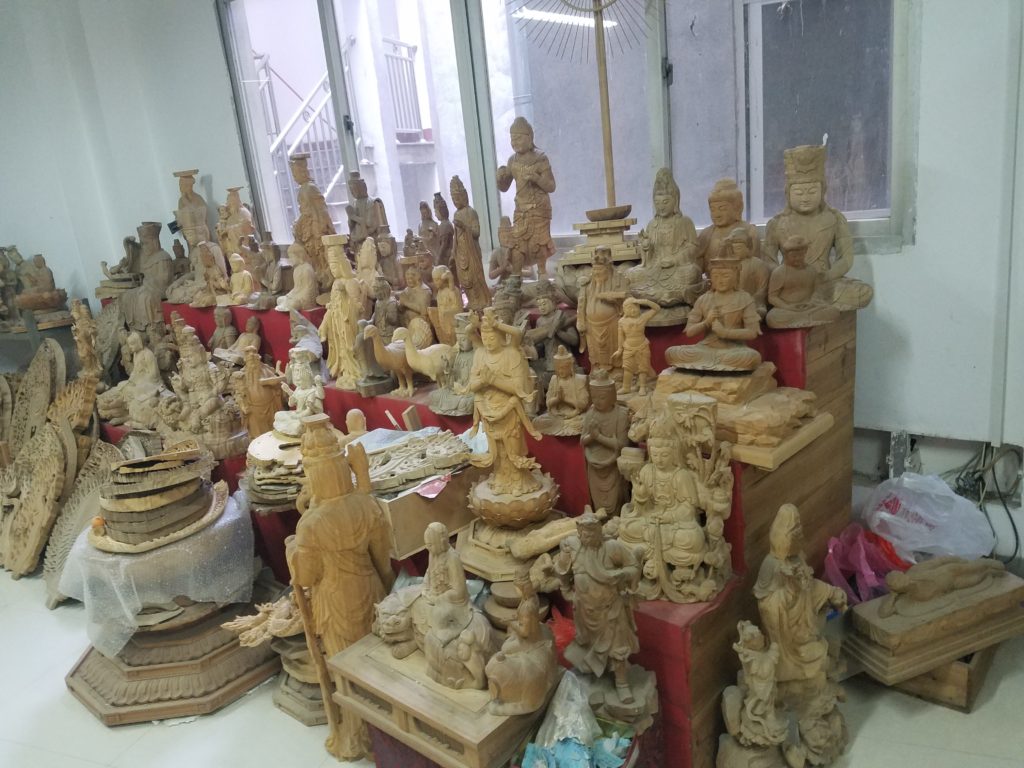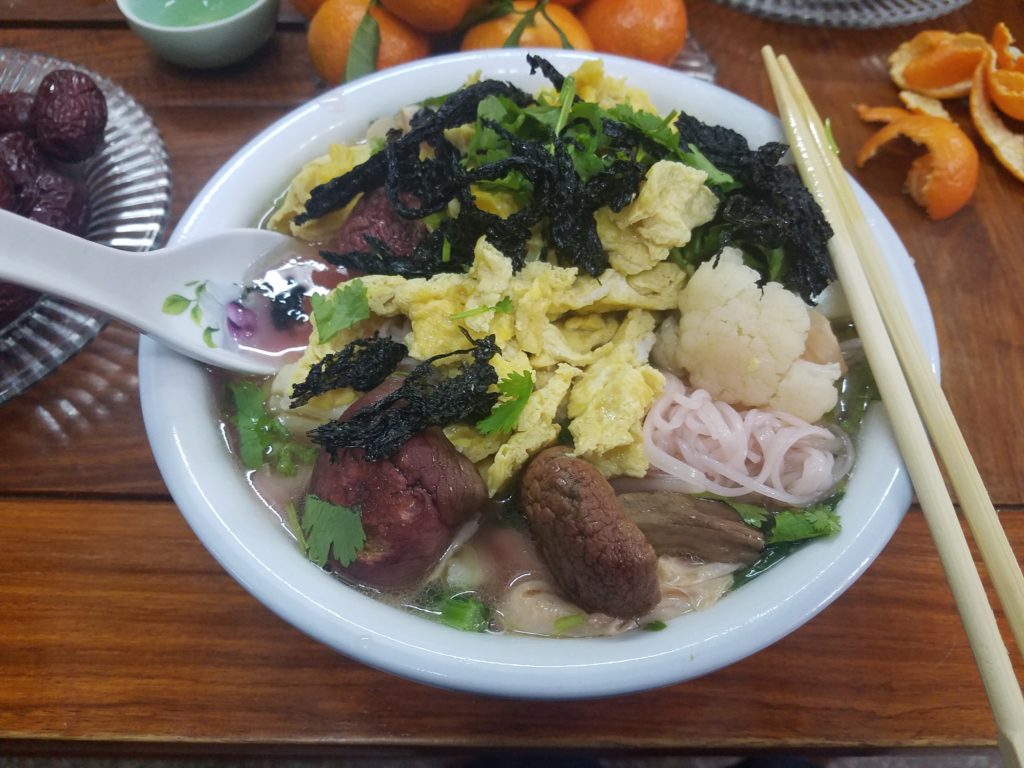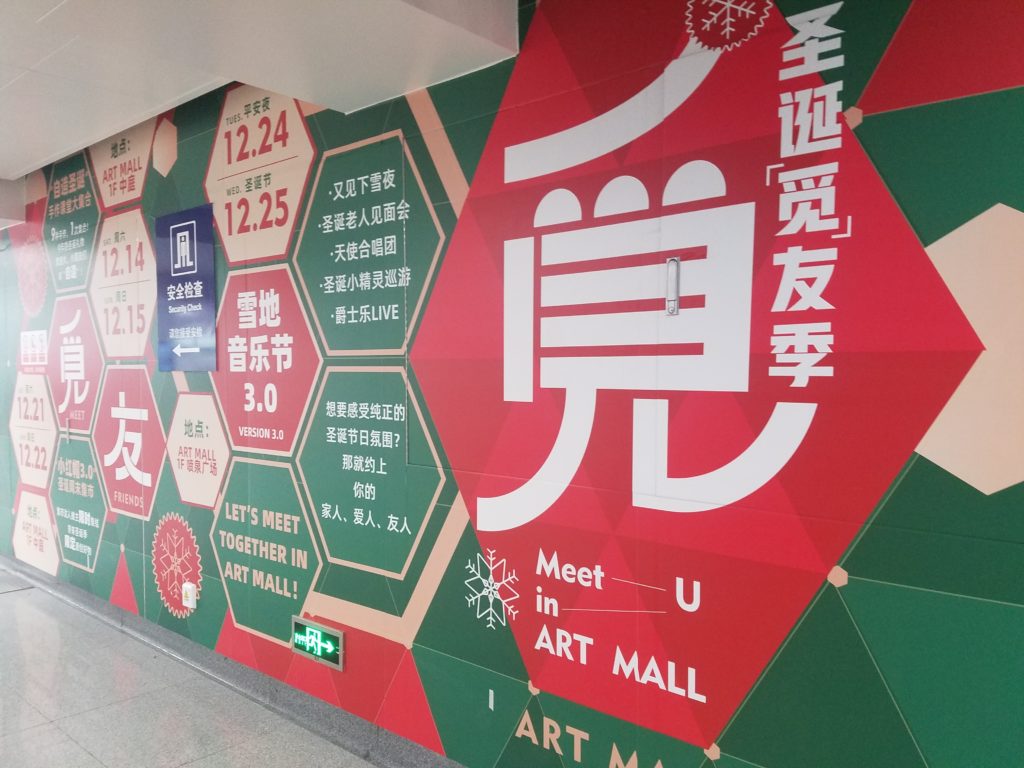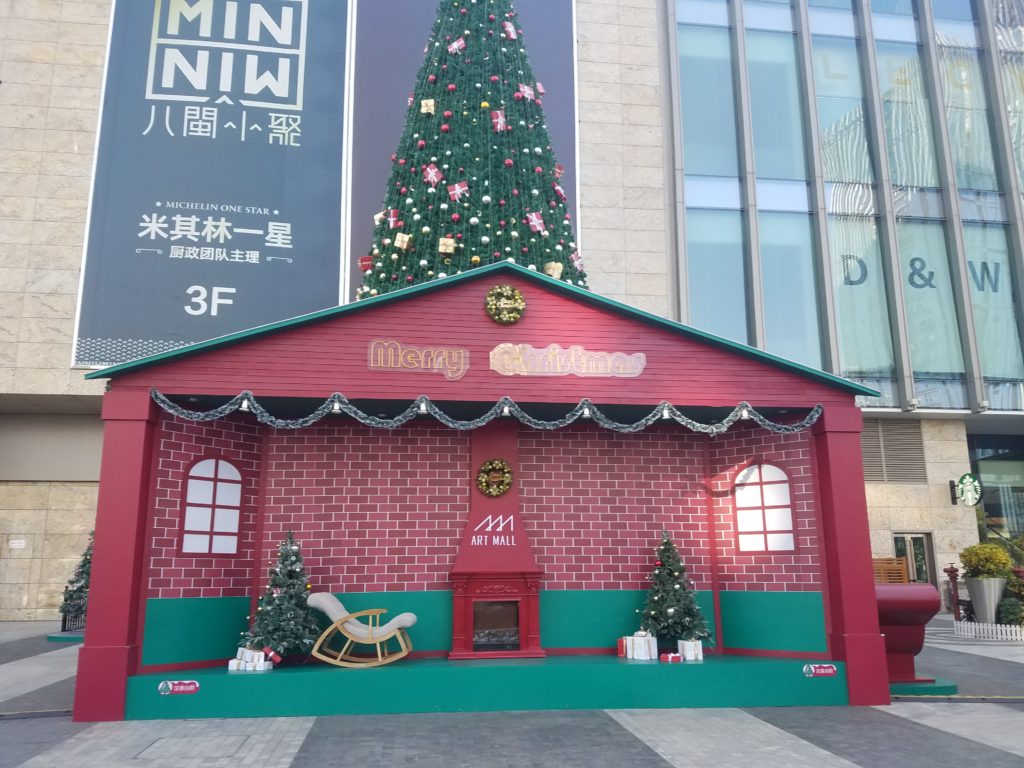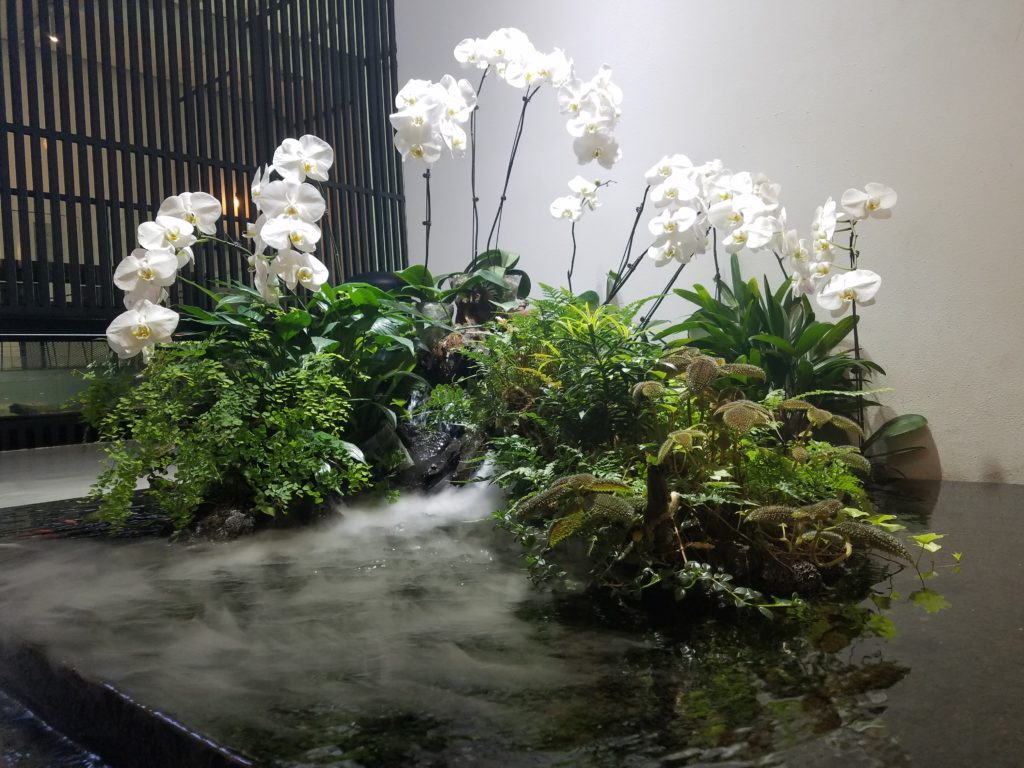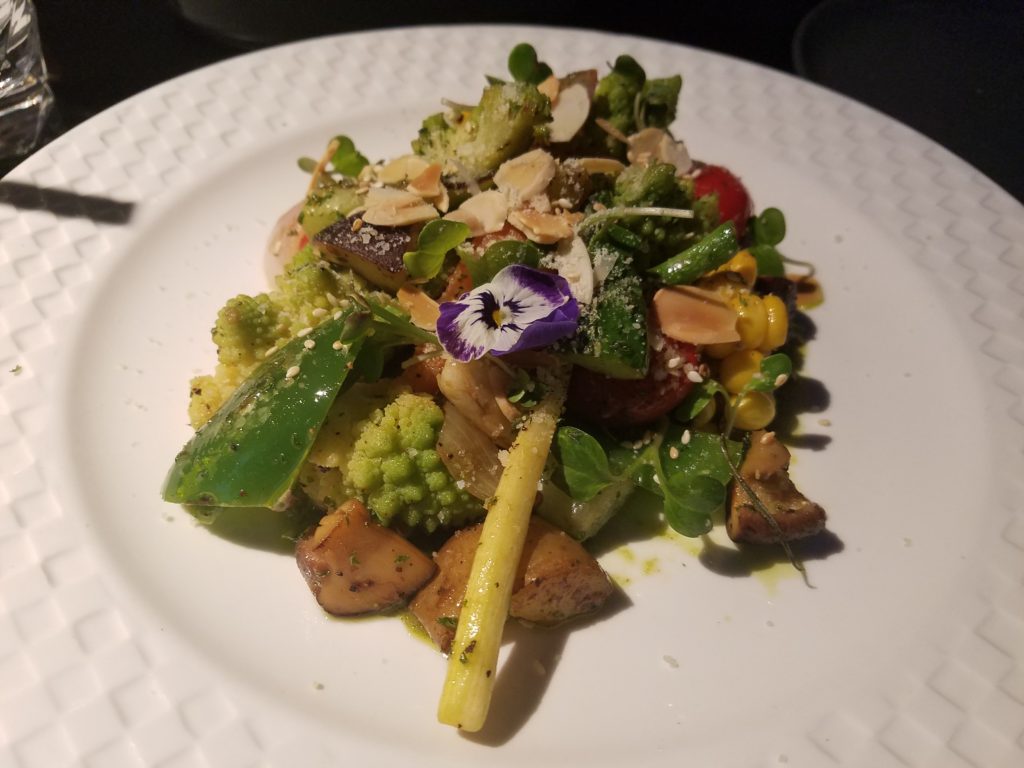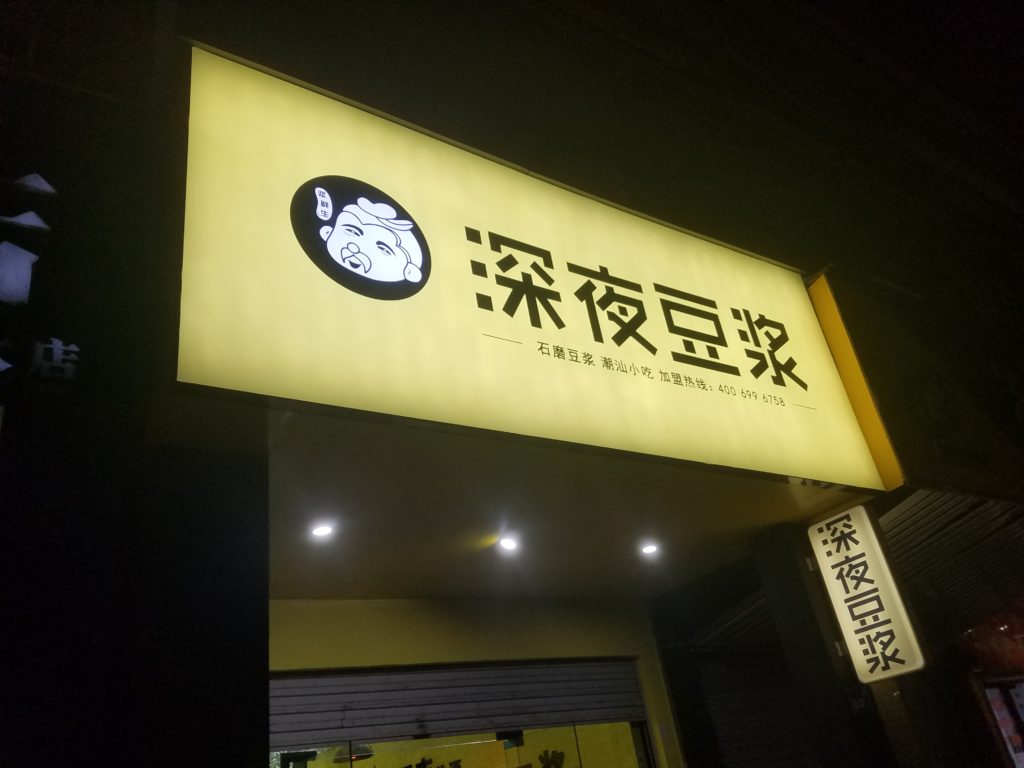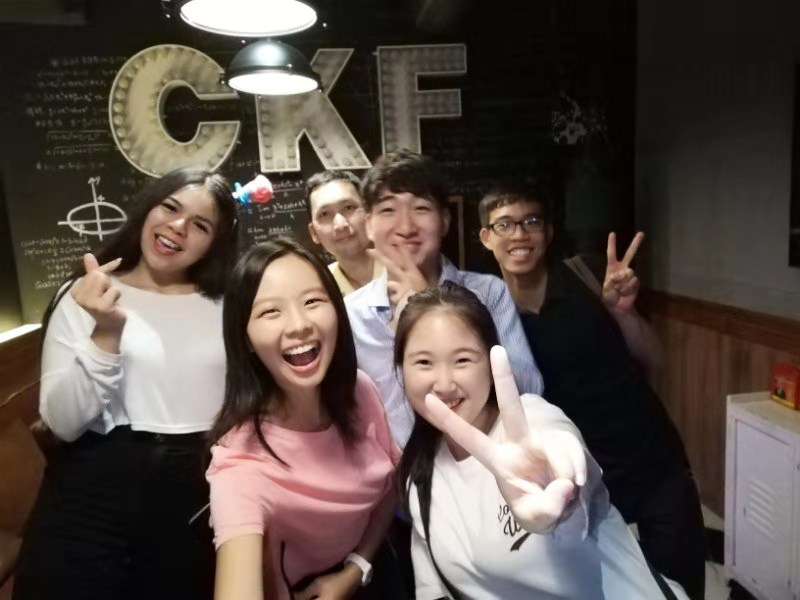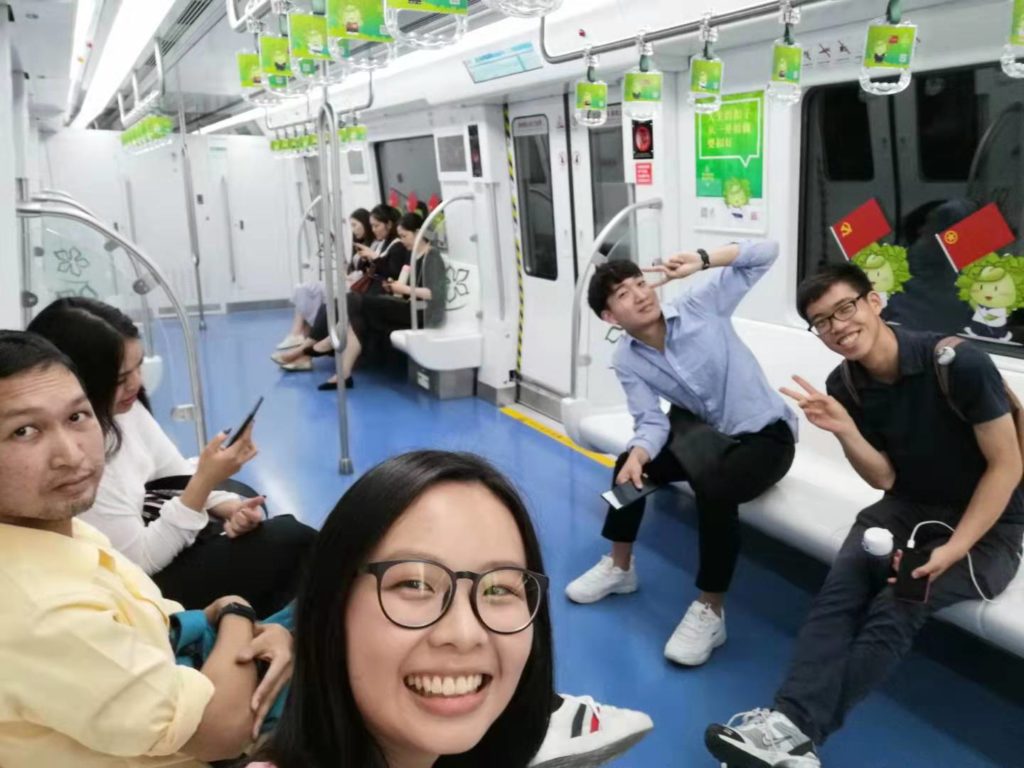A few months ago, I was debating where to spend my Winter Break.
Although school is out for roughly a month, Fulbright insists that we have to remain productive nonetheless, and so we’re not allowed to have too much fun. If we were, I’d probably be kicking back on a beach in Thailand—or meeting up with Pomona friends in Japan.
Staying on campus would have been pretty miserable too. There’s only one not-so-vegetarian-friendly dining hall open—with limited options—and barely anything open around the school. Besides, I wouldn’t have access to the library anyway.
If I were to spend my break trying to be productive in a non-academic environment, I’d want to spend it in a place where I can be fed, kept reasonably warm, and bask in the presence of friends.
Then came a message from a friend in Los Angeles.
“I’m moving to Nanjing,” he wrote. “Let me know if you want to come by for Winter Break. I can arrange for you to stay in the dorms.”
My friend is a monk, and his recent transfer to Nanjing helped me find a place to stay over the month-long break. However, he also warned that there really was not much going on, since the temple itself is still under construction.
Nonetheless, being in Nanjing would unlock a new region in China in terms of my research. I already predict that people here prefer green tea since it has more of a local connection. There are also a handful of tea-related landmarks—many of them doubling as Buddhist monasteries—which I hope will help me see how these mingle and present themselves.
And so, I wrote a proposal on why I should be allowed to spend a month in Nanjing, and after a few days, the embassy approved it.
Yesterday, I woke up bright and early again to ride the bus to the airport. Now, the bus only has a few time slots scheduled. I could either leave at 7:30 (and get there by 9) or leave at 10:30 (and get there by 12). My flight was at 12:20. Not having much of a choice, I woke up early only to get to the airport roughly three hours before boarding.
Fortunately, I had a friend with me.
After sleeping for the entire bus ride, we groggily unloaded the bus and waited in a McDonald’s. I had three hours before my flight, and she was waiting to greet a friend who had come to visit.
As we talked a bit in the restaurant, she mentioned that she and a few other friends had planned to come over for tea the night before.
In some earlier posts, I mentioned that my friend group primarily consists of international graduate students. I suppose that’s still loosely true, although the group has splintered off over the past few months. The once lively group chat has become silent, and the occasional prompt to plan an outing is typically ignored. Sure, it shouldn’t be too shocking for a larger group to split off into smaller ones, and it wasn’t like I had been left completely friendless.
Every so often, a friend or two would ask to come by for tea. It would always be a wonderful time, and depending on who came in, we’d either be chatting until 10 pm or 4 am, with topics ranging from Confucian theories on moral development to our own past instances of academic insubordination.
In the past week or so, the splintered friend group suddenly reached out after about two months of planning their own gatherings. I found it strange, but I humored their requests. I don’t mind playing host, after all. However, the person who often planned these never bothered to tell me about their plan to visit until they came to knock.
While I don’t mind playing host, some advance notice is nice. Sometimes they come in and I already have the kettle on (because I was planning on drinking some tea). But sometimes they come in and I have to scramble to get things in order, or drop whatever I was doing to entertain my unexpected guests.
But I knew that they had planned to come the day before. In fact, I received a message about having tea that evening. I would have welcomed them, but unfortunately I was in Putian and had far too many things to do that night.
However, I appreciated the advance notice.
Then I realized that my friend here sitting next to me was the reason why I had received a request so early in advance.
“SS (our mutual friend) planned tea a few times actually,” my friend, HM, mentioned.
“Oh? When was this?” I didn’t recall them coming over that often.
“A few days ago,” she continued. “We got there and your room was empty, dark, nobody was home.”
“Oh,” I was puzzled. “Nobody told me you were coming over.”
“Exactly!” she said with an exasperated sigh. “SS told all of us to just come because, ‘Oh, he’ll definitely be there,’ but she never bothered to check! So then we all showed up, only to realize that there was absolutely nothing going on.”
“Wow, that’s pretty sad.”
“Right? And that’s why this time, when SS told us we were going to have tea again, I told her she has to let you know we’re coming in advance. Otherwise, how are you supposed to schedule your evening?”
Thank you, HM.
While host-guest relations can be rather complex, a bit of courtesy on both sides goes a long way. While I won’t tell a guest they should leave, I hope that my guests will know to not overstay. Typically this goes well, although there was a time when SS showed up unannounced and stayed well into the night, doing her homework while I was trying to figure out how to get some sleep.
“What time do you usually sleep?” she asked.
“Preferably 10,” I replied.
“Nah,” she shot at me. “That’s too early for a college student.”
She stayed past 1 while I was completely confused about why she had shown up after sparse interactions for the past three months or so.
HM, on the other hand, lets me know well in advance before arriving—leaving me ample time to get snacks, choose a good tea, and clean up my room before her arrival. I was actually a bit disappointed to hear that the only reason SS asked in advance this time was because HM told her to.
After her friend came, we stuck around and talked for a bit more—debating the pros and cons of higher education in China, the inefficiencies of Fujian Normal University’s administration, and how age doesn’t always guarantee maturity. It was a nice shift from the usual topic of conversation, which—for the past few nights—had been focused exclusively on romance.
After they left, I waited around some more before finally going to my terminal to board the plane.
Next, I’ll talk a bit about my arrival in Nanjing. Despite this being my first time here, it feels strangely nostalgic.
